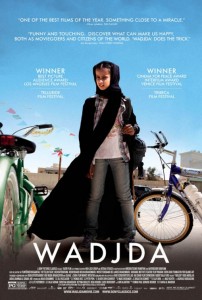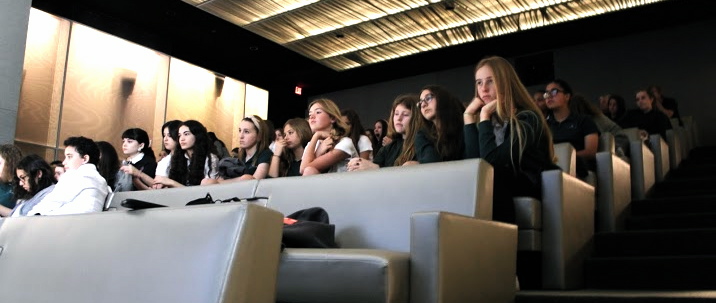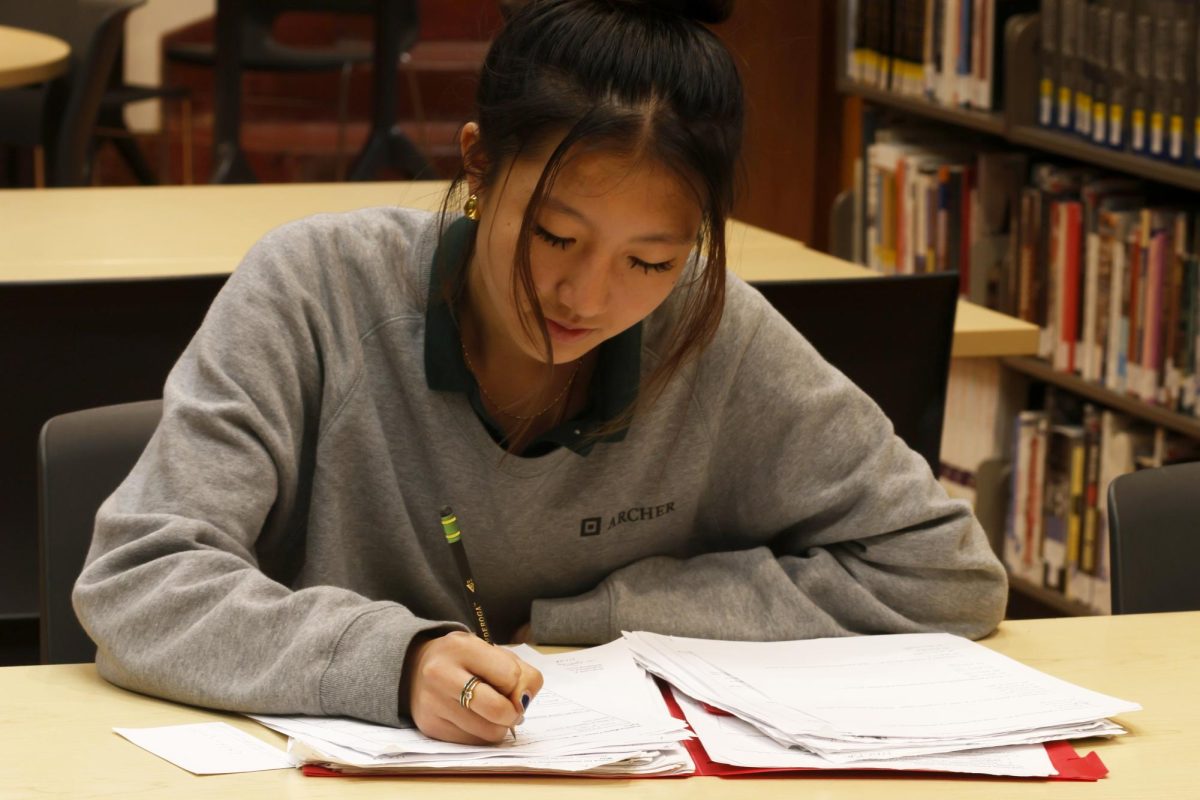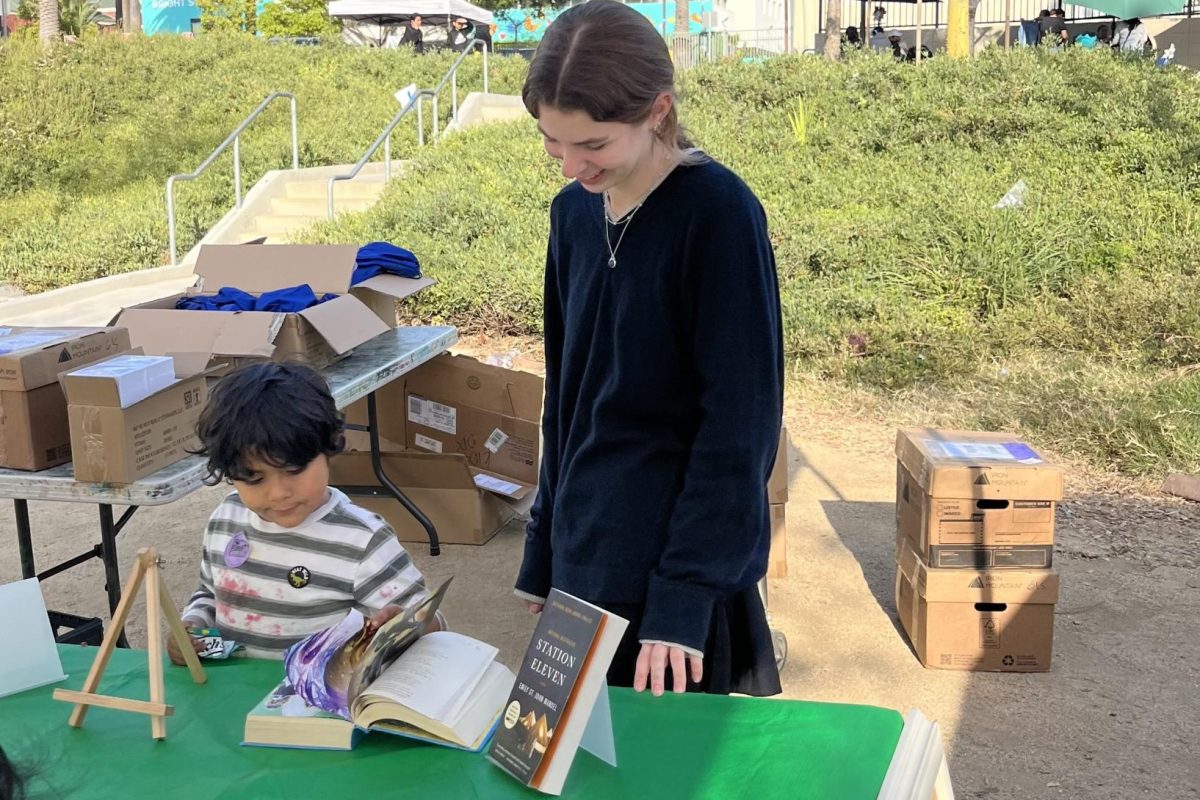On Monday, Nov. 11, Archer’s entire 9th grade and part of the upper school filmmaking class went to a special showing of “Wadjda” at the United Talent Agency followed by a Q&A with the director, Haifaa al-Mansour.
The girls laughed and came close to tears as they watched the character Wadjda face difficultly just for being a girl in Saudi Arabia.
“Wadjda,” directed by Haifaa al-Mansour, was the first film produced in Saudi Arabia. Hollywood Reporter says it’s “a candidate for the 2014 Oscars in the foreign language category.”

The movie was shot in Saudi Arabia and follows the story of a young female rebel named Wadjda. She wears Converse and jeans, goes to an all-girls school, has a crush on a local boy, and tastes a little bit of freedom by riding a bike.
But the difference between Wadjda and the modern American teen is this: when she leaves her home, she has to wear a veil (hijab) that covers her head and chest. And if she rides a bike, she is told she won’t bear children because bikes are only supposed to be ridden by men.
This year, Archer’s ninth grade history and English teachers have been working to make material relevant and similar across the two subjects. Their second unit, Cultural Religion and Societies, “fit serendipitously with the [release of the] film,” according to James Russo, English teacher.
Russo said, “The film was sweet yet touched on bigger and weightier themes.” He especially enjoyed the bike theme, for it “symbolizes female empowerment.”
During the Q&A, one student asked about the actress that played Wadjda, Waad Mohammed. The director replied laughing, “She didn’t speak any English, but she could sing Justin Bieber!” Mr. Russo jokingly retorted, “Justin Bieber is the universal language of the world!” The aspiration to be happy and to never give up on your dreams are also “universal languages” covered in the film.
Despite cultural differences, women in modern society can relate to this character. Al-Mansour told the Archer freshmen, “If a woman wants to do something, she needs to do it,” and that’s exactly what Wajdja did.

The inspirational director explained how she coped with negative comments coming from the Middle East for her controversial film.
“Any woman will get criticized for doing what she wants to do; you have to isolate yourself from these negative comments,” al-Mansour said. She received death threats but said that she simply “let it go.”
The film was not intended to be an “angry or loud film [or] to shun the culture; I just wanted to tell a story,” al-Mansour explained.
Mari Goldberg ’17 left the film in awe. She explained that al-Mansour “is extremely inspirational to all of us—she loves what she does and doesn’t let anyone stop her. I want to be like her when I’m older.”
Haifaa al-Mansour’s overall goal for girls around the world is to “to open up and be a little feisty”— just like Wadjda.









